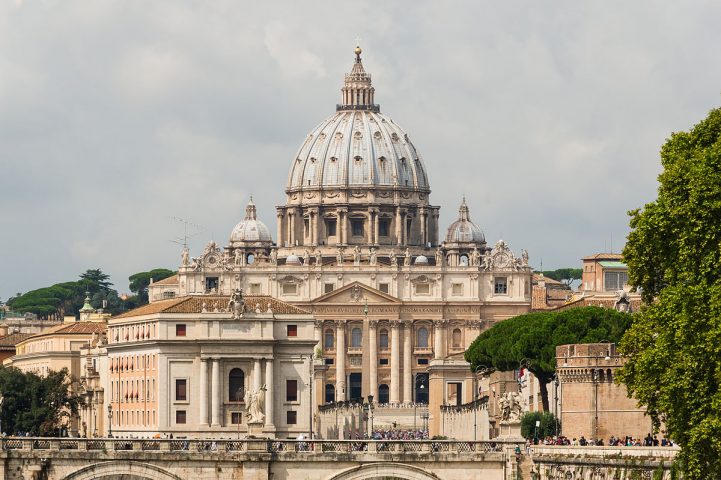Fr. Gerald E. Murray: The McCarrick Report: Coming Soon?
November 26, 2019Cardinal Müller Warns ‘Hundreds of Thousands’ Will Leave Church Over Pachamama Idolatry, by Dorothy Cummings McLean
November 26, 2019
By Joseph Pearce, Crisis Magazine, November 26, 2019
Joseph Pearce a senior contributor to Crisis. He is director of book publishing at the Augustine Institute, editor of the St. Austin Review, and series editor of the Ignatius Critical Editions. An acclaimed biographer and literary scholar, his latest book is Literature: What Every Catholic Should Know (Augustine Institute, 2019).
 It is important to have a clear understanding of the meaning of a word before we use it. The word ecumenical is a case in point. Throughout history, until very recently, its meaning was connected to its etymological roots in Greek (oikoumene), in which it means literally “the inhabited (world)”, or more generally “the whole world”, or the whole civilized world—i.e., that part of the world which is encompassed by a common and universally accepted creed and culture. It was in this sense that it was used during the Roman Empire when it signified Roman civilization itself and the administration of it.
It is important to have a clear understanding of the meaning of a word before we use it. The word ecumenical is a case in point. Throughout history, until very recently, its meaning was connected to its etymological roots in Greek (oikoumene), in which it means literally “the inhabited (world)”, or more generally “the whole world”, or the whole civilized world—i.e., that part of the world which is encompassed by a common and universally accepted creed and culture. It was in this sense that it was used during the Roman Empire when it signified Roman civilization itself and the administration of it.
This sense of the word was inherited by the Roman Catholic Church as the inheritor of a baptized Roman civilization, which used it to signify Christendom and the administration of it. Hence, an ecumenical council was a council convened by the authority of the Church to discuss and define disputed matters of doctrine, which would then be binding on all Christendom. It can be said, therefore, that the dogmatically defined doctrines of the Church are ecumenical in this original sense of the word. That is to say, they are binding on the “whole inhabited world.” ….







